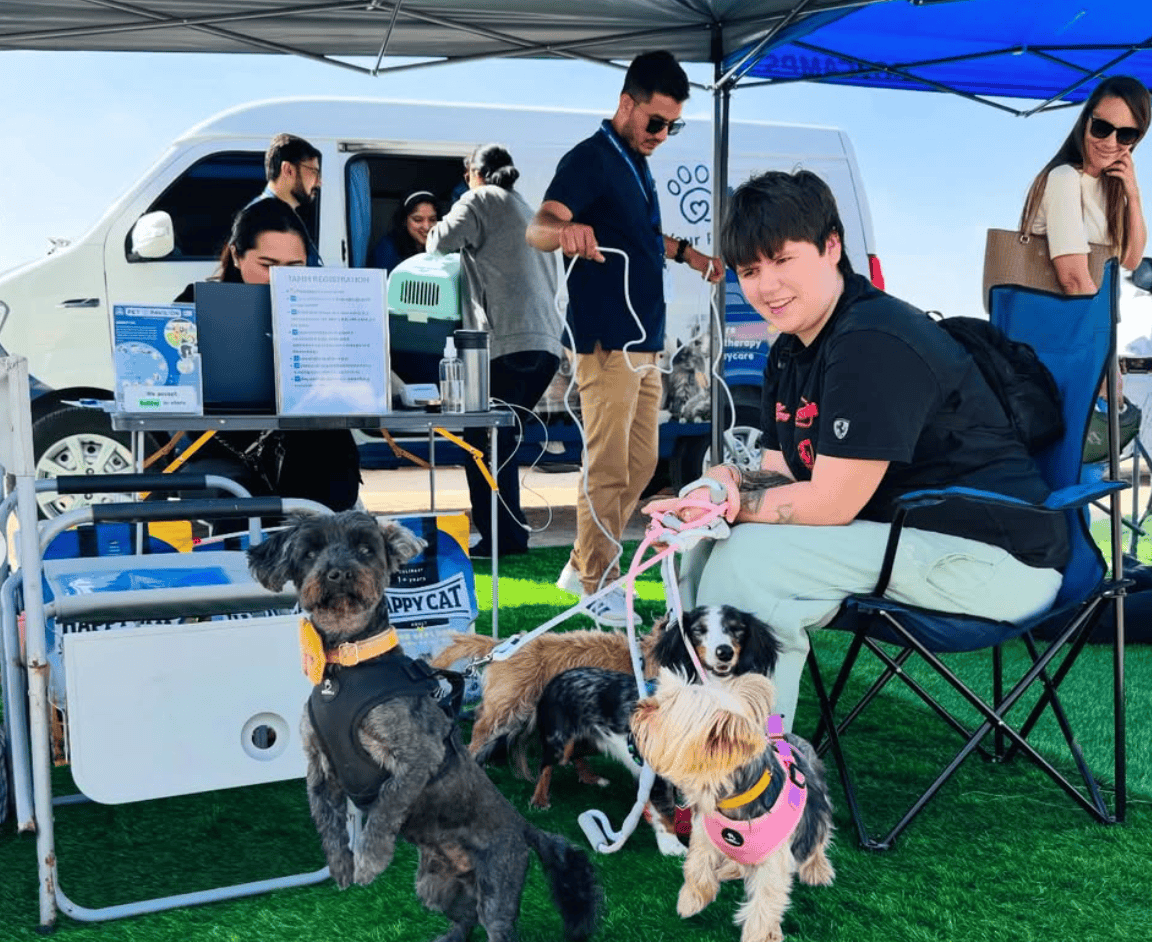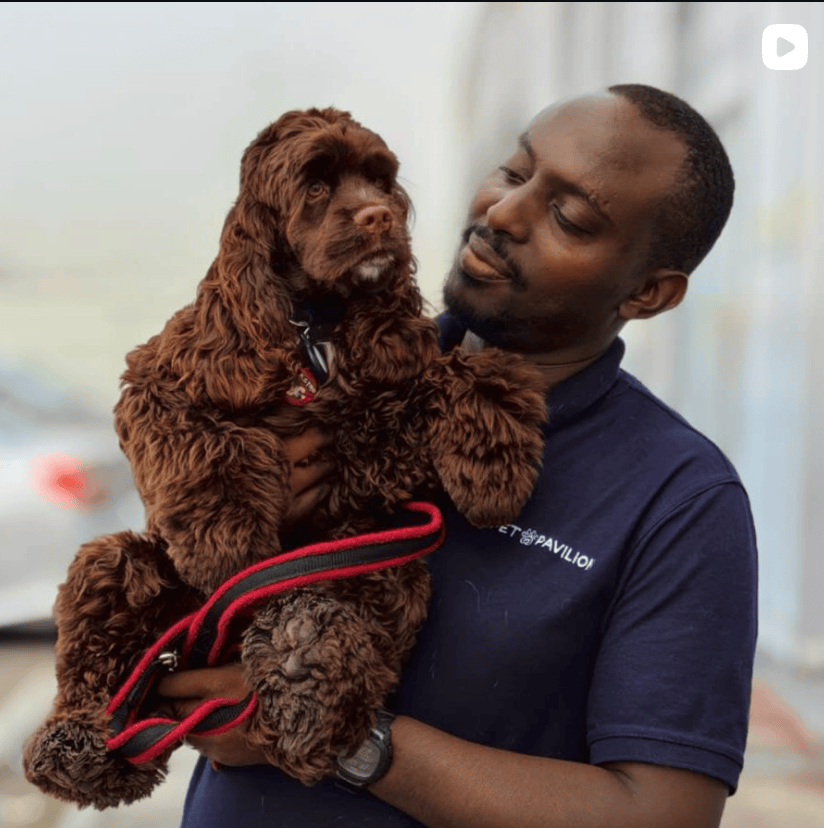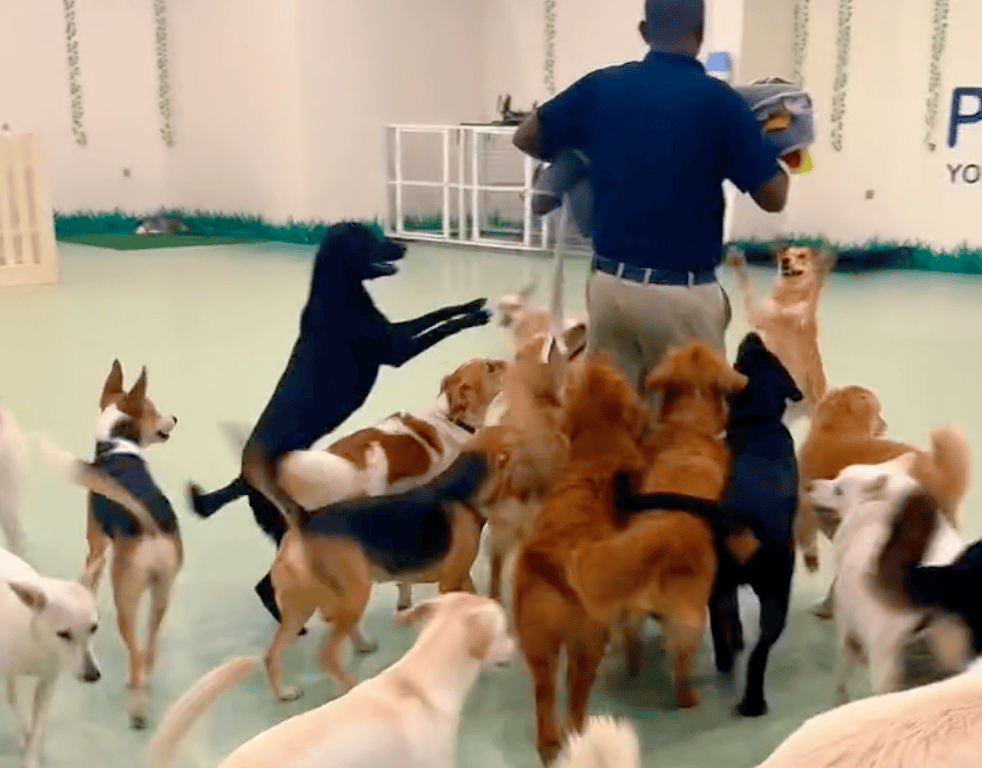Do Dogs Really Understand Our Words—Or Just the Tone?

Introduction
Ever wondered if your dog really understands what you're saying or if they’re just picking up on your tone? You're not alone! Pet owners often ponder whether their furry friends comprehend words or simply respond to the way we say them. The truth is, dogs are remarkable at reading human cues, but how much they grasp goes beyond just hearing a word. By diving into the science of canine communication, we can uncover the fascinating ways dogs interpret our voices and what it means for your bond.
Understanding Canine Communication
Dogs communicate with us in ways that go beyond simple obedience commands. Their ability to understand humans is deeply rooted in their evolution as social animals. Canine communication is a blend of vocal, visual, and olfactory signals. While we often focus on their barking, growling, or whining, dogs also rely heavily on body language and facial expressions to convey their feelings and intentions. Understanding this multi-faceted approach is key to knowing why your dog may or may not respond to your words.
Dogs have developed a keen ability to read human body language, and this skill plays a significant role in how they respond to our verbal cues. For instance, a dog may be more responsive when you maintain eye contact, smile, or use open body postures. They interpret these signals as positive and are more likely to engage. On the other hand, if you appear tense or use a harsh tone, your dog might choose to ignore your commands, not out of defiance but due to confusion or anxiety.
Understanding the basics of canine communication helps us appreciate why dogs respond the way they do, and it also lays the groundwork for effectively teaching them to recognize and react to specific words, including their name.
Why Your Dog May Not Respond
If your dog doesn’t always come when called, it’s easy to think they’re ignoring you. However, several factors could be at play. Dogs are highly sensitive to their environment, and distractions, unfamiliar voices, or even the tone you use can influence their response. Additionally, dogs may not always associate their name with something positive, especially if it’s been used in a disciplinary context. Understanding these nuances can help you better communicate with your dog and foster a more reliable response when calling their name.
Teaching Your Dog Their Name
Teaching your dog their name is a simple process that can significantly improve your communication and strengthen your bond. Start by choosing a short, simple name that’s easy for your dog to recognize. Once you’ve settled on a name, begin using it consistently in a positive context. Say your dog’s name in a cheerful tone, and immediately follow it with a reward, such as a treat, praise, or a favorite toy. Repetition is key—practice this several times a day, gradually phasing out treats as your dog becomes more responsive. Over time, your dog will learn to associate their name with good things, making them more likely to come when called.
Avoid using your dog’s name in negative situations, as this can create confusion and reduce their responsiveness. Instead, focus on making their name synonymous with positive experiences, and you'll notice a stronger, more reliable response.
The Role of Tone in Communication
The tone of voice you use when calling your dog’s name plays a crucial role in how they respond. Dogs are highly attuned to the emotional nuances in human speech and can distinguish between positive and negative tones. For instance, if you call your dog’s name in a high-pitched, cheerful voice, they’re more likely to associate it with something enjoyable, like playtime or treats. Conversely, a stern or frustrated tone might cause them to hesitate or even avoid responding altogether.
Research has shown that dogs are particularly sensitive to the tone of their owner’s voice compared to that of strangers. This ability to pick up on emotional cues not only strengthens the bond between you and your dog but also helps them understand what you expect from them. By consistently using a positive tone when calling your dog’s name, you can encourage a more enthusiastic response.
When Your Dog Ignores You
Even with the best efforts, there will be times when your dog seems to ignore you. This behavior can be frustrating, but it’s important to remember that dogs are naturally independent creatures with their own preferences and moods. They might not respond if they’re distracted by something more interesting, like a scent or a sound, or if they’re simply not in the mood to engage.
In such cases, it’s crucial not to take it personally. Instead, try to understand the context. Is your dog overstimulated, tired, or focused on something else? If so, consider the timing and environment when calling them. For instance, you might get a better response during mealtime or when they’re in a relaxed state. Additionally, using positive reinforcement consistently will help reinforce their name as something worth responding to.
Patience and understanding are key. By recognizing that your dog’s occasional lack of response is a natural part of their behavior, you can approach training with a more balanced perspective, ultimately leading to better communication and a stronger bond.
Strengthening the Bond Through Communication
Understanding how dogs interpret our words and tone not only helps improve training but also deepens the bond between you and your furry friend. By consistently using a positive tone, choosing a simple name, and reinforcing it with rewards, you can ensure that your dog associates their name with good experiences. Remember, patience is key—your dog’s occasional indifference isn’t a reflection of their love for you but rather their independent nature. With time, your communication will become more effective, making your relationship with your dog even stronger.
By focusing on these aspects of communication, you can create a harmonious and responsive relationship with your dog, where they recognize and happily respond to their name, understanding it as a cue for positive interactions.


Schedule your appointment today
Book My Appointment







